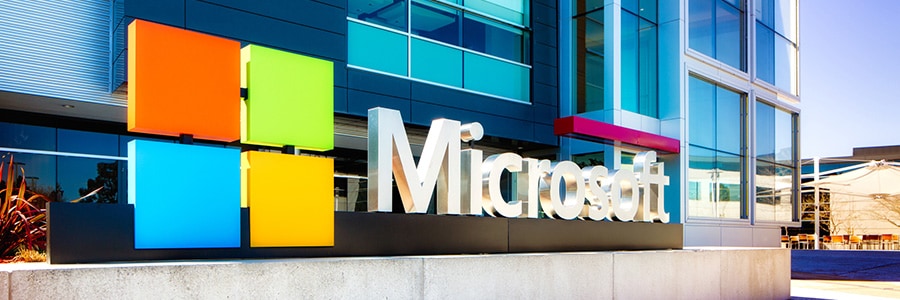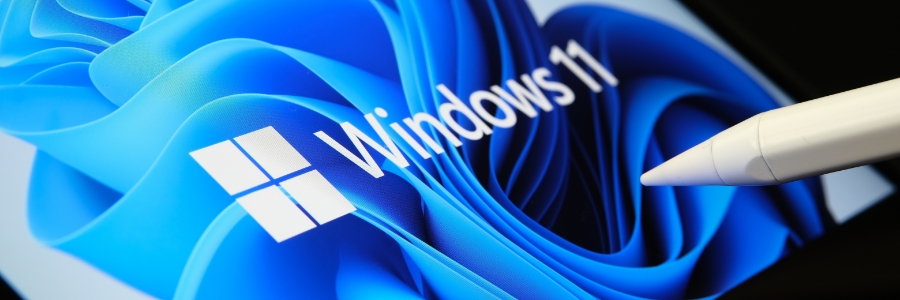While many users were looking forward to Windows 11 before its release in October 2021, many of them haven't installed or migrated to the new operating system (OS). One possible reason for the slow adoption of the OS is that Microsoft has made it mandatory for devices to have Trusted Platform Module (TPM) 2.0 chips.
Importance of Windows 11’s TPM requirement
The importance of IoT security in healthcare

As the healthcare industry continues to be revolutionized by the Internet of Things (IoT), medical devices need steadfast protection from malicious cyberattacks, data breaches, and unauthorized access in order to safeguard patient information. In this article, you’ll learn useful tips on how to keep your IoT devices safe from these threats.
Cloud computing in healthcare: 5 Benefits you can’t ignore

Cloud computing has revolutionized the way businesses operate, and practices in healthcare are no exception. Cloud-based solutions offer many benefits over traditional methods, including reliability, convenience, security, and scalability. In this blog post, we will discuss some of the main advantages of cloud computing in the healthcare industry.
3 Reasons to accept Windows 11’s TPM requirement

Windows 11 made a lot of buzz not just because of its new features but also because of its hardware requirements. For one, it requires supported devices to have Trusted Platform Module (TPM) 2.0 chips, otherwise, the new OS cannot be installed. In comparison, Windows 10 ran on TPM 1.2. If your business uses computers and other devices that do not have the appropriate chips, then you may be considering ways to bypass Windows 11’s minimum requirements.
Safeguard your Microsoft 365 data with these tips

Because Microsoft understands the value of business data and the costs associated with data loss and theft, the technology company offers powerful security tools for Microsoft 365 subscribers. However, for these tools to be truly effective, users must implement the following practices to further protect their data.
Tips to reduce IoT-related risk in the healthcare industry

Most, if not all, cybersecurity experts believe that anything connected to the internet can be hacked. So with the increasing popularity of the Internet of Things (IoT) and IoT devices in the healthcare industry, it’s only wise that organizations understand and address the risks associated with the ubiquity of IoT.
Computing devices that contain a treasure trove of patient data are attractive targets for cybercriminals.
Cloud solutions have long-lasting value in healthcare

Healthcare organizations should no longer be hesitant when adopting cloud computing, as the technology has become more ubiquitous and easy to use. If you know how to manage the cloud properly, it can even surpass the reliability and security offered by on-site IT. Here are just some of the business benefits of cloud computing.
7 Easy ways to prevent data loss in Microsoft 365

Microsoft understands the value of business data and the costly repercussions of losing it. That’s why they’ve released a slew of security and compliance tools for Microsoft 365 subscribers. But given the increasing sophistication and frequency of data breaches, these cloud security solutions aren’t enough to protect your files.
Why healthcare needs cloud computing

If the primary focus of your healthcare practice is delivering high-quality patient care, then cloud computing is an essential tool for you. It is more reliable, convenient, and secure than offline solutions, which means it should be a top priority.
Easy information access
The increasing demand for doctors’ time means they have less time to review patient records.


